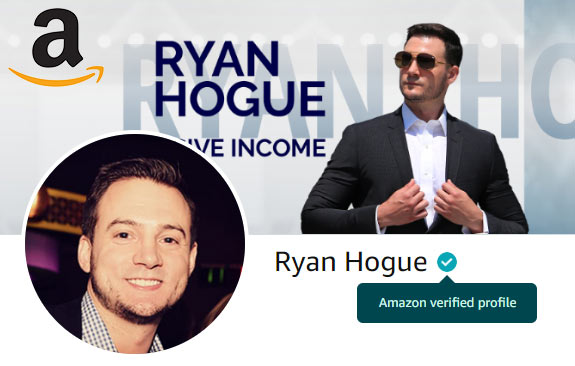The product research phase is a long & tedious process where many people fizzle out and fail to even get a single product off the ground.
Don't let that be you!
Check out my post on how to use Helium 10's Black Box (for free!) to assist in finding high demand / low competition products.
I also published a separate article that talks about the product research phase in it's entirety, from a high level.
Doing JUST product research isn't enough in my opinion.
Following the completion of the product research phase, I believe you should have a list of at least 20 products (if you're a beginner) & at least 5-10 products for an experienced seller before moving on to the product validation phase.
When you build your list of products, you want to be sure to record the necessary data points that help us to validate the list as quickly & efficiently as possible.
Tools To Record Information
Here's a quick list of tools you can use to record the product information as you record potential products:
Google Sheets
Google Sheets (FREE) is Google's version of Microsoft Excel.
It's free, easy to use, & cloud-based. This one is a no brainer.
Google Keep / Apple Notes
If you're constantly on the go and work on your business from a tablet or mobile phone, then feel free to record your products using your mobile OS's cloud-based note keeping app:
Apple Notes - I'm an Android user, and I couldn't find a working URL to view Apple notes from my desktop PC. I know it's cloud based because years ago when I had an iPhone, I couldn't view my phone's notes without an internet connection (which is ridiculous).
Notepad++
Notepad++ (FREE) is my text editor of choice if you opt to record your product list offline.
If you use multiple computers/devices to run your Amazon FBA business, you should use a cloud-based platform. If you only ever work from the same device, then this will suffice.
Recording Your Product List For Validation
Here's what i recommend capturing while using tools like Helium 10's Black Box & Jungle Scout's Product Database to expedite your product research & find qualified products to sell.
Some of them will seem obvious, while others may leave you wondering why they're being included - I'll do my best to explain their importance as we go, but for the most part we want to make our lives easier down the road.
Product Name

This falls into the "obvious" category.
We'll use the product name to identify the niche we're researching.
Search Terms

This may we less obvious - we want to capture the exact search terms used in the search because tweaking even a single word, or adding/subtracting a single word can change the results.
Amazon's A9 search algorithm is a very curious one, in that it functions almost as if a "junior varsity" programmer wrote it, compared to lets say Google's algorithm which gets smarter every time people use it.
Without going into too much detail, Amazon's algorithm, for instance, values things like literal string matches much higher than Google likely would. I can't tell you why, but just know that making small changes in the seed values you input for your search will most likely alter the results.
P.s. check out AMZ Suggestion Expander Chrome extension (FREE) which suggests long tail keywords based on your search terms as you type them into Amazon.
SERP URL

Record the full URL (from your web browser) after performing your keyword search, this will server as a shortcut to revisiting the results later, although they may be different.
This will help later on if we useHelium 10's Black Box or Jungle Scout's Chrome extension to query data points on the entire niche, including:
- Average Monthly Sales
- Average Sales Rank
- Average Price
- Average Reviews
- Opportunity Score * If you're launching a product for the first time, this metric makes Jungle Scout worth the cost of admission.

* click to expand
P.s. if you want to get a head start on the product validation phase, add a few columns to your spreadsheet and record these as well.
Listing URL
Grab the URL (from your browser) for the product listing that most closely resembles what you intend to sell.
If you're indifferent & just want to make as much money as possible, grab the URL of the top organic ranked product (avoid listings tagged with "Sponsored", as they paid to show up at the top of the search results).

BSR1, BSR2, BSR3, BSR4, BSR5
Record the best seller rank of the top 5 products in search results.
At a later date this will help us quickly evaluate how well we can expect our products to sell once we've cracked the top 5 on our primary keywords.
If you have the DS Amazon Quick View Chrome extension (FREE) installed, you will see BSR data displayed in search results.

Date
Best seller rank & search rank change constantly on Amazon, & it's important to remember that what we recorded today is only a glimpse into a niche from a single moment in time.
During the product validation phase we focus on how to make use of this data to validate which products are best suited to sell on Amazon FBA, and we cover how to use tools that give us insights into historical BSR data for our niche products.
I'll wrap up by mentioning that if you join Ryan's Method: Amazon FBA, I include a "Research" tab in the Product Workbook that is pre-formatted for you to build your list & includes examples with existing Amazon products.

















